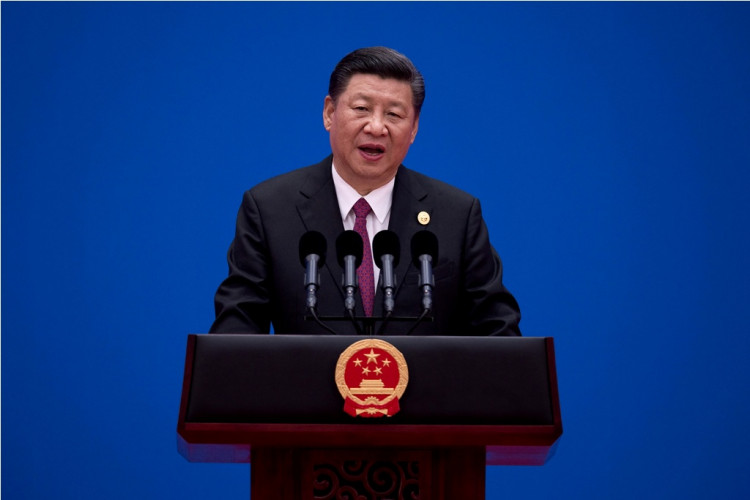Chinese President Xi Jinping's Belt and Road Initiative saw good progress last year as it secured 171 cooperation documents that involved over 150 countries and global organizations who believe in the project's goals.
A new report by the National Development and Reform Commission revealed that the BRI enhanced further trade and investment ties with participants last year, Xinhua reported. The report also stated that industrial capacity cooperation improved in 2018.
In terms of tangible results, China and the United Arab Emirates (UAE) industrial park project was constructed. China also secured amicable agreements with over 10 countries including Singapore, Japan, and France for third-party market programs.
To date, the China-Europe freight trains that connect Chinese cities with 15 other countries, completed 13,000 trips with inbound travels accounting for almost 20 percent of the total trip count.
As for other railway projects, both the China-Laos and China-Thailand railways made progress. The Jakarta to Bandung speed railway, in particular, kicked off construction in 2018 while the Gwadar port construction in Pakistan pushed forward in planning.
In the banking sector, Chinese banks were able to establish 71 branches in 27 BRI participating countries while cultural cooperation deals were signed with over 60 BRI countries for the purpose of establishing 17 cultural centers that will enhance trade and exchange.
Over 7 trillion U.S. dollars in trade volume was accumulated by BRI countries through numerous economic cooperation zones. Investments exceeded $30 billion with China accounting for $15.64 billion in non-financial investments.
As part of the increasing interest in China's Belt and Road Initiative, Italy is expected to sign a non-binding Memorandum of Understanding (MoU) with the world's second-largest economy. Voice of America reported that discussions about the MoU will push through once Xi arrives in Europe on Thursday.
Analysts believe Rome will strengthen ties with China in a bid to reduce its trade deficit with its Asian counterpart. The plan comes with the government option to entice Chinese investors and the Asian Infrastructure Investment Bank (AIIB) to invest in Italy's upcoming infrastructure projects.
"Italy is eager to attract investments to improve its competitive position compared to northern European routes and ports," Co-head of Asia Center at ISPI, Alessia Amighini, said.
Economic experts predicted that Italy's deal with China will open doors for Xi and his government to lay out a BRI foundation in Europe amid U.S. opposition and debt-related concerns about the plan, considering that Italy is a founding member of the European Union (EU).





